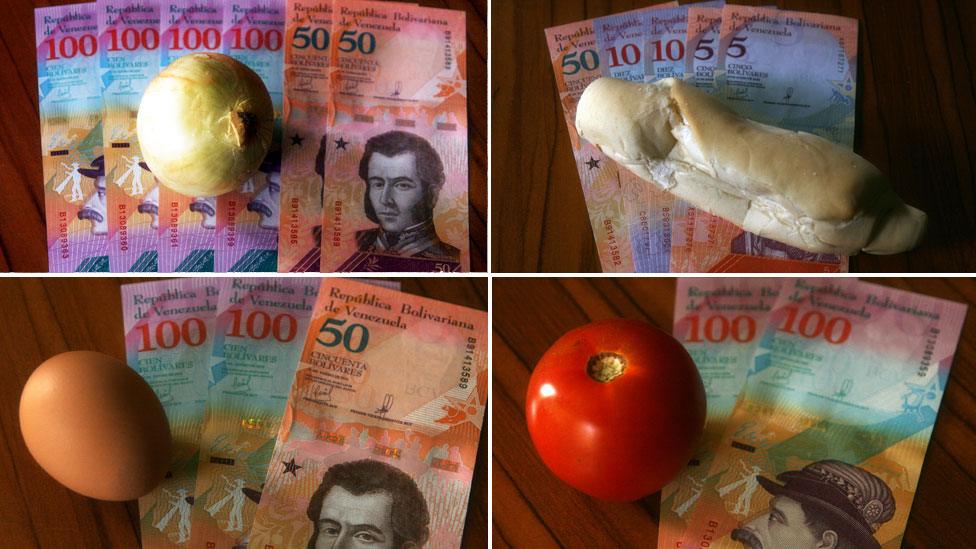Venezuela crisis: UN to investigate alleged human rights violations
- Published
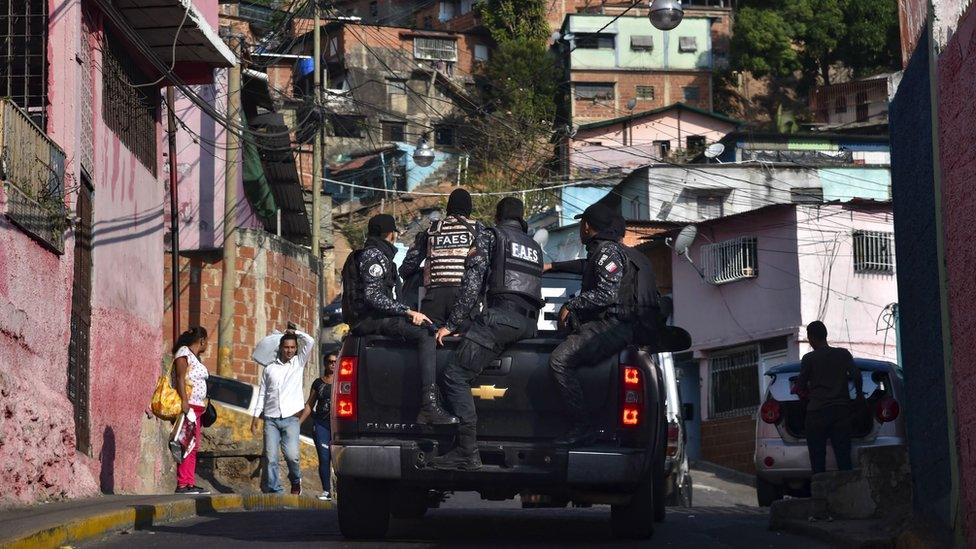
The UN condemned operations including those carried out by Venezuela's special Faes force
The UN Human Rights Council will investigate alleged human rights violations in Venezuela, including executions, disappearances and torture.
The forum approved sending a fact-finding mission after a resolution was put forward by Venezuela's neighbours and backed by European countries.
Many of the 6,000 deaths in security raids since January 2018 could have been extrajudicial executions, it said.
Venezuela's envoy said the "hostile" text was part of a US-led campaign.
The country is suffering a severe economic and political crisis, and a quarter of its 30 million population need aid, according to the UN. Some four million people have fled in recent years.
President Nicolás Maduro has accused Washington of waging an "economic war" against his country and orchestrating a coup to oust him.
The Geneva-based council adopted the resolution brought by countries including Argentina, Brazil, Chile, Colombia and Peru, which are hosting millions of Venezuelan refugees.
These nations, part of the Lima Group, are among the 50 countries that have given their backing to Juan Guaidó, head of Venezuela's National Assembly, who declared himself president in January saying Mr Maduro's re-election last year was fraudulent.
The resolution condemned "widespread targeted repression and persecution" through what it called the excessive use of force by security agents against peaceful anti-government protesters, the closing down of media and the erosion of the rule of law.
It also condemned arbitrary detentions and enforced disappearances carried out by security agencies, including the special force known as Faes, and pro-government civilian armed groups, called colectivos.
The text was adopted by the 47-member council with 19 votes in favour, seven against and 21 abstentions.
"It must be clear to all at this council that when violations of this gravity and scale are reported to us, we must respond in an equally serious manner," said UK Ambassador Julian Braithwaite, whose country backed the resolution.
In a report in July, UN human rights chief Michelle Bachelet accused the Venezuelan security forces of sending death squads to murder young men and staging the scenes to make it look like the victims resisted arrest.
The Displaced: Venezuelans searching for peace in Trinidad
Venezuelan Ambassador Jorge Valero slammed the resolution as a "hostile initiative" and said his country had no intention to co-operate with the mission.
"This small group follows to a tee instruments handed to them by the American empire, these are shameful subjects of administration of President [Donald] Trump," he said.
A report is expected to be delivered in a year. Even if Venezuela refuses access to the investigators, they will take testimony from victims and witnesses inside and outside the country, as they have done with Syria and Myanmar.
- Published12 August 2021
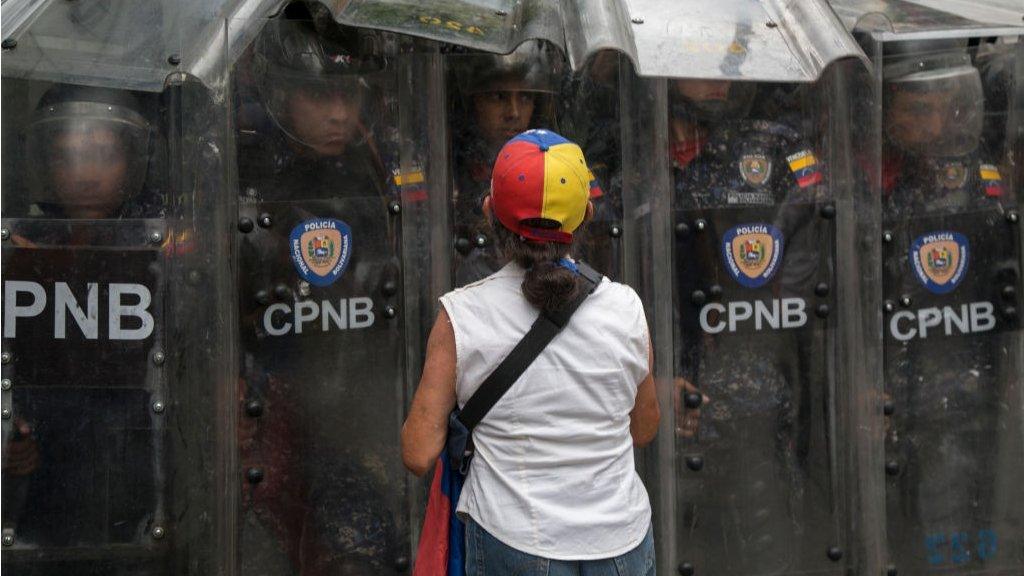
- Published5 July 2019
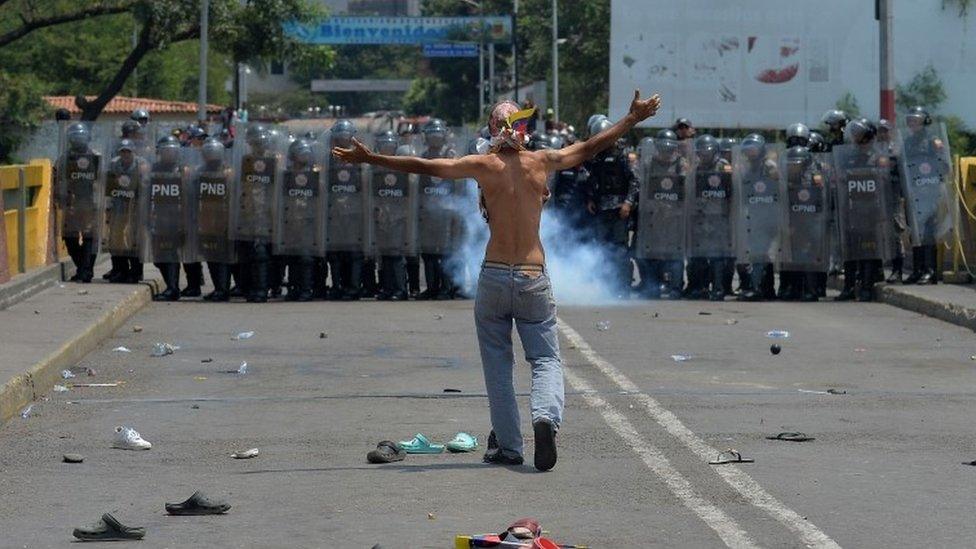
- Published5 August 2024
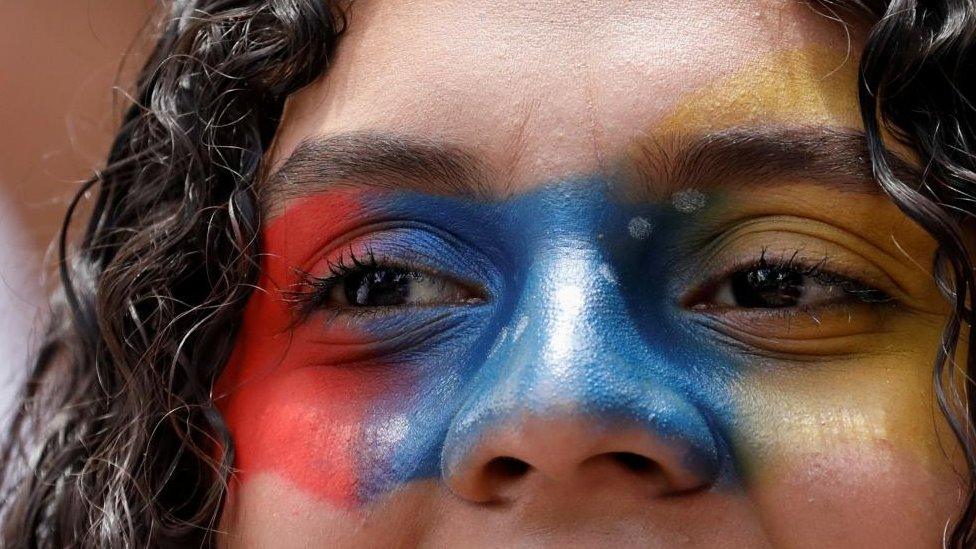
- Published6 February 2019
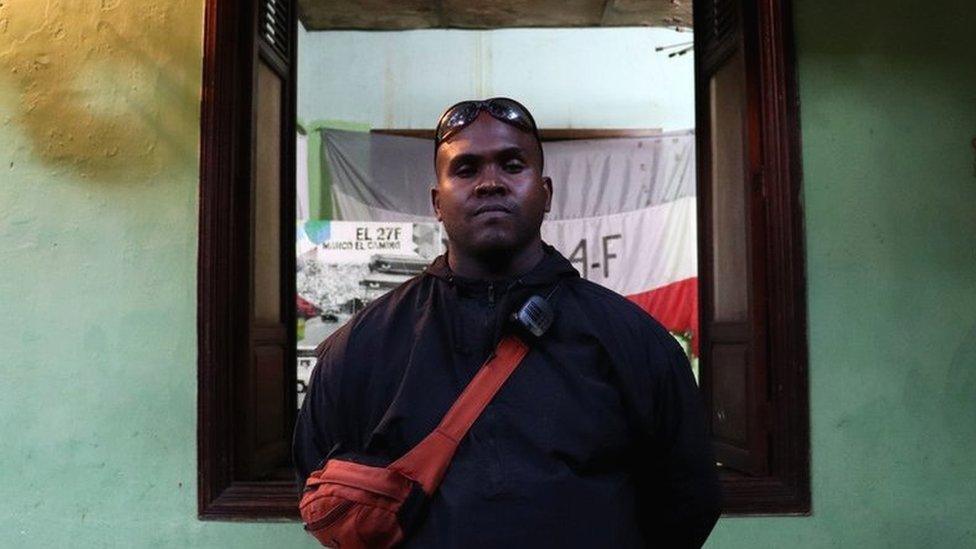
- Published4 February 2019
